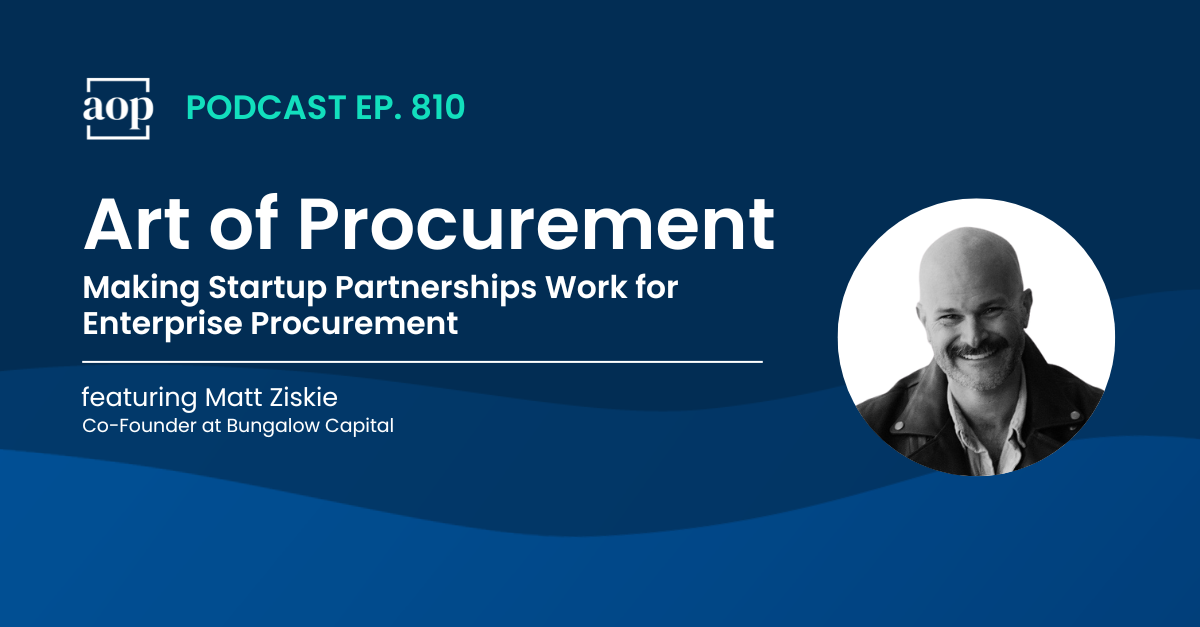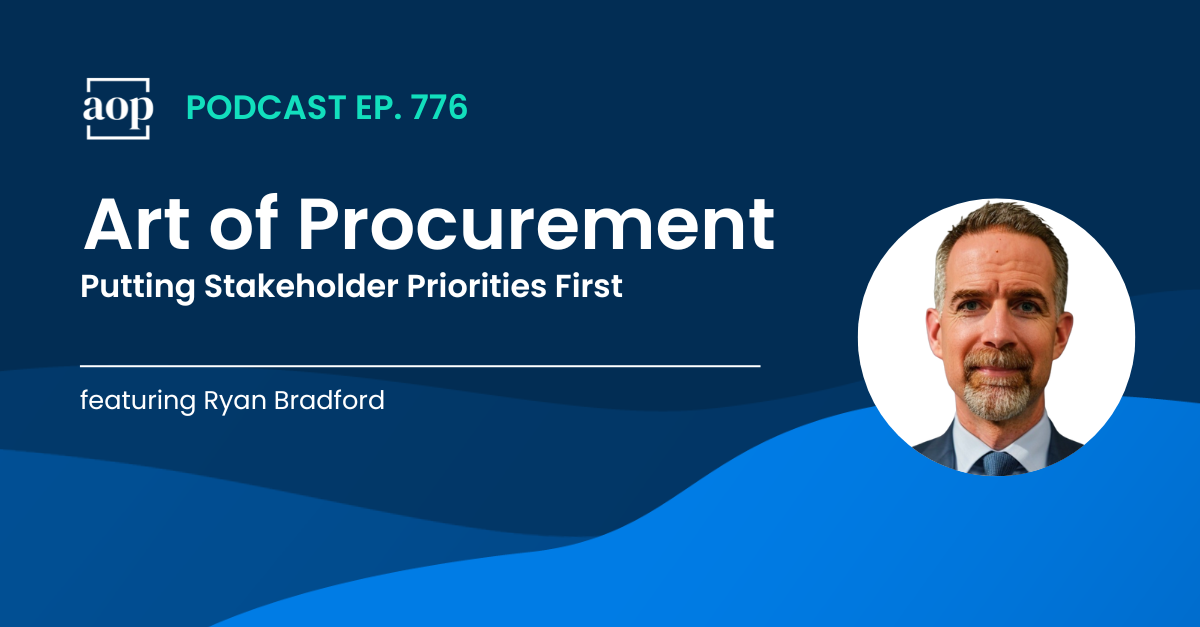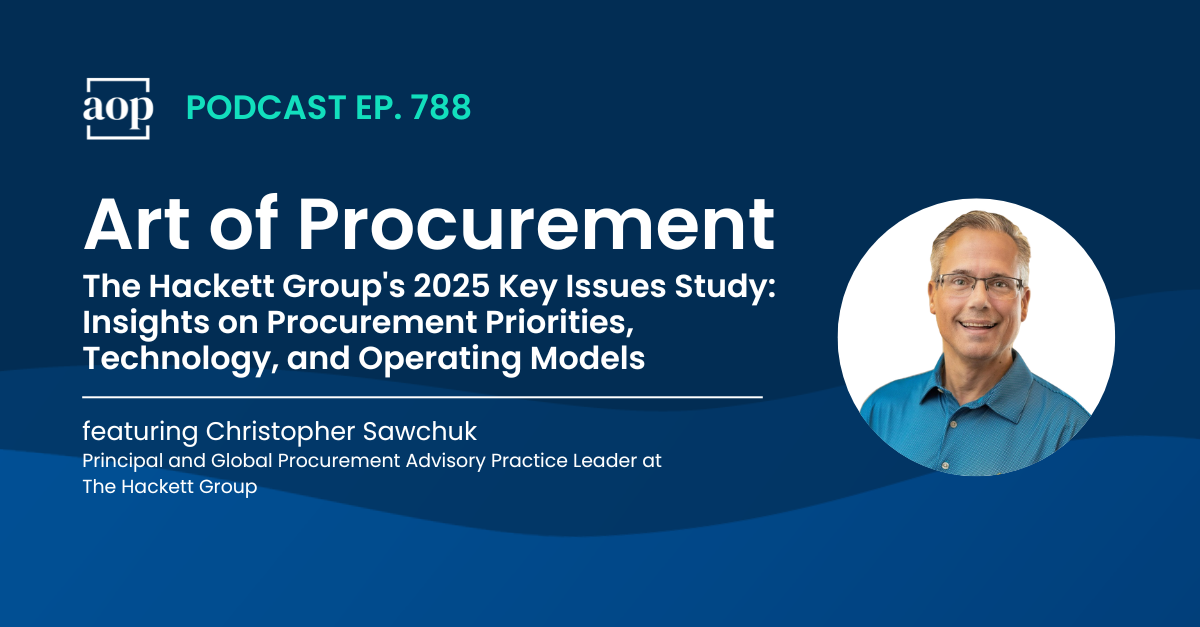
“Procurement officers are going to have to go hunt for the solutions they need and the workflows that can help their business. I do feel like to do this job properly moving forward, it's an offensive job, and you don't have the luxury of sitting back.”
- Matt Ziskie, Co-Founder, Bungalow Capital
Working with startups and scale-ups introduces unique challenges for enterprise procurement teams. From lengthy sales cycles that can make or break a growing company to contract terms that can inadvertently harm supplier relationships, the traditional procurement playbook often needs a bit of a rewrite when they’re dealing with innovative, fast-growing suppliers.
Matt Ziskie, Co-Founder of Bungalow Capital, has experienced these challenges from both sides of the fence, first as a procurement leader at companies like Box and Airbnb, and now as an investor helping startups navigate enterprise sales.
Here, in his own words, are some of Matt's most insightful observations captured onstage at Catalyst LA.
The Good, Bad, and Ugly of Working with Startup Suppliers
“Startups can offer tremendous value. Startups can help an organization move faster, and they can help organizations get closer to their end customers and deliver more value. But, they also can be difficult to work with, especially for large organizations.”
Segmentation for Startups
"I think the legitimate path forward for procurement is to kind of segment out the processes for the startups you work with, versus the mature organizations. There are some very simple things that can be done to help startups on that path. One is a really basic profitability conversation of like, ‘is the supplier losing money on these terms?’ The second is a basic redlining and a path forward for security and then on payment terms. So I think there are some easy ways forward on segmentation that help small businesses get through the process much easier.”
Understanding the Fragility of Startups
“What you're trying to mitigate is fragility. While companies are growing and scaling, startups can be fragile in this phase. What you're looking for is that point where a mistake on your end won't break the startup. Of all the benefits we could capture in working with small businesses, we don't want a silly big company mistake to do harm.”
The Cost of Contract Negotiations
“Large organizations have internal counsel, while startups use external counsel at $1,000 an hour. So every turn of a redline is bringing up the bill for that startup and reducing profitability. These things matter and if we're to be good partners and benefit at the end of the day on the value side, I think we need to be having these conversations.”
Startups’ Fear of Procurement
“Startups are very afraid of procurement. They actively look for ways to avoid the conversation with you. When we work with startups, we're like ‘hey, raise your hand, tell procurement you're in the building, introduce yourself early and tell them what department you're talking to and why you're talking to them.’”
The Dangers of Customization
“Paying for custom builds is almost just as dangerous as not, because it's not the actual money. It's the time and resources that the startup now has to commit to your custom build that they can't apply to other customers. You should want that flywheel to go and spin fast.”
Pay it Forward with Startups
“Coaching and references are huge. If you work with a startup that you like, you should tell your friends, you should tell your colleagues about it. You should offer to be a reference. It goes a really long way to have a peer tell you, ‘Yeah, we work with this small business and they didn't screw anything up. In fact, they helped with A, B, and C.’”
The Reality Behind Startup Valuations
“There's generally a small disconnect between the halo you see in the papers or the valuation that is given to a startup and maybe the internal processes inside that startup. It's almost always the case that the customer pull on a good product is going to outpace how quickly you can build the infrastructure internally.”
Due Diligence Essentials
“The things you want to be conscious of are: amount of runway, trajectory matters, growth, pace of growth, funding and pace of funding, and then customer references. Backdoor customer references are really hard to fake. If a logo is on their website and you have a friend at that company, call them up!”



.png)
